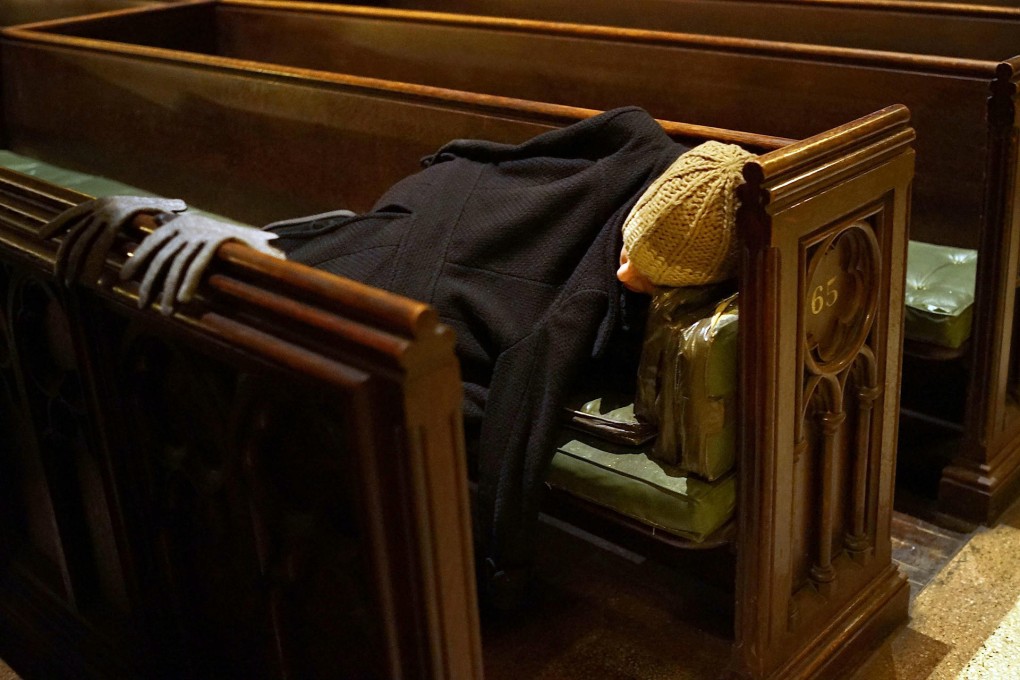New | American right tears into pope's attack on free market
Pope Francis' lament about social inequality and unfettered capitalism, has commentators telling him to stop interfering in economic matters

It is Christmas, markets are subdued and many people are enjoying a holiday, good food and drink, even if they do not believe the Christian story about peace on earth and goodwill to all men heralded by the birth of a baby God-man 2,000 years ago.
Against the backdrop of supposed peace and calm, a vicious spat has erupted in the US embracing economics and religion.
American airwaves and newspaper headlines have burst into life over a document written by Pope Francis which states that unfettered capitalism is a new tyranny and exhorts world leaders to fight poverty and global inequality.
Francis has been savaged by commentators from Rush Limbaugh to conservative priests and judges, who have loudly proclaimed themselves as more Catholic than the pope, and told him to stop interfering in economic matters.
Can we … stand by when food is thrown away when people are starving?
Talk show host Limbaugh denounced the pope's economic views as "pure Marxism".